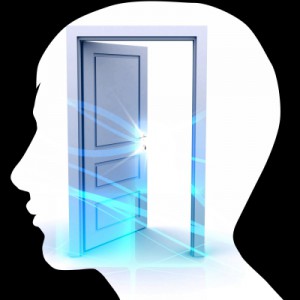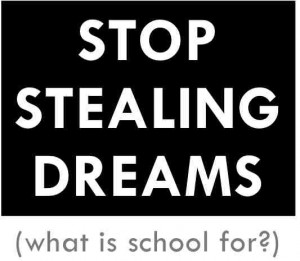The interesting thing about reality is that we don’t notice it until after it has happened, if we notice it at all. At a fundamental level we are experiencing the world as a flow of environmental data; things happen and register with our nervous system through our senses. And, we notice.
Or do we?
The interesting thing about reality is that we don’t notice it until after it has happened. Each sense is processing a constant stream of stimulus, whether we notice it or not. And, it’s all competing to be noticed by our consciousness. Most of it simply passes us by, as if it didn’t happen, but a small amount of it bubbles through our thoughts and awarenesses to cause us to direct our attention. By the time we do, the original event registered by our senses has gone, and been replaced by whatever is happening now.
The interesting thing about reality is that we sometimes don’t notice it at all. A sensation bubbles through our nervous system and we become conscious of it, and then we notice what it means; a sound becomes a plane passing overhead, and we no longer notice the sound just the plane; the sensation in our stomach becomes our hunger, and we only notice the hunger not the muscular tension. The colour, texture and sound in front of me becomes you, and I no longer notice the individual sense data that makes you up, I just notice something that I call you. I stop paying attention to what is going on, and instead pay attention to the abstraction of it, and in that moment I can cease to notice when you do something subtly different from what I expected you to do.
We mostly don’t notice what’s going on in the world, instead we notice what we notice about what’s going on, and then act as if that is what is going on. We replace reality with our model of reality, and reality as it is actually happening fades into the background. Once something has a meaning, that meaning replaces the something, and the raw something ceases to exist.
This has a profound impact on the way that we respond to each other in environments where feedback defines how we work and what are are doing. Are we responding to what is actually happening, or what we think is happening? How does someone respond to our response, do they respond to what we are doing, or what they think that we are doing?
How often do you notice that the person talking to you was actually talking about something other than what you thought they were? If the answer is rarely, then I suggest you stop and actually pay attention to what’s really going on around you. Do you notice reality as it actually is, or could be that you’ve been paying attention to your imagination instead?


